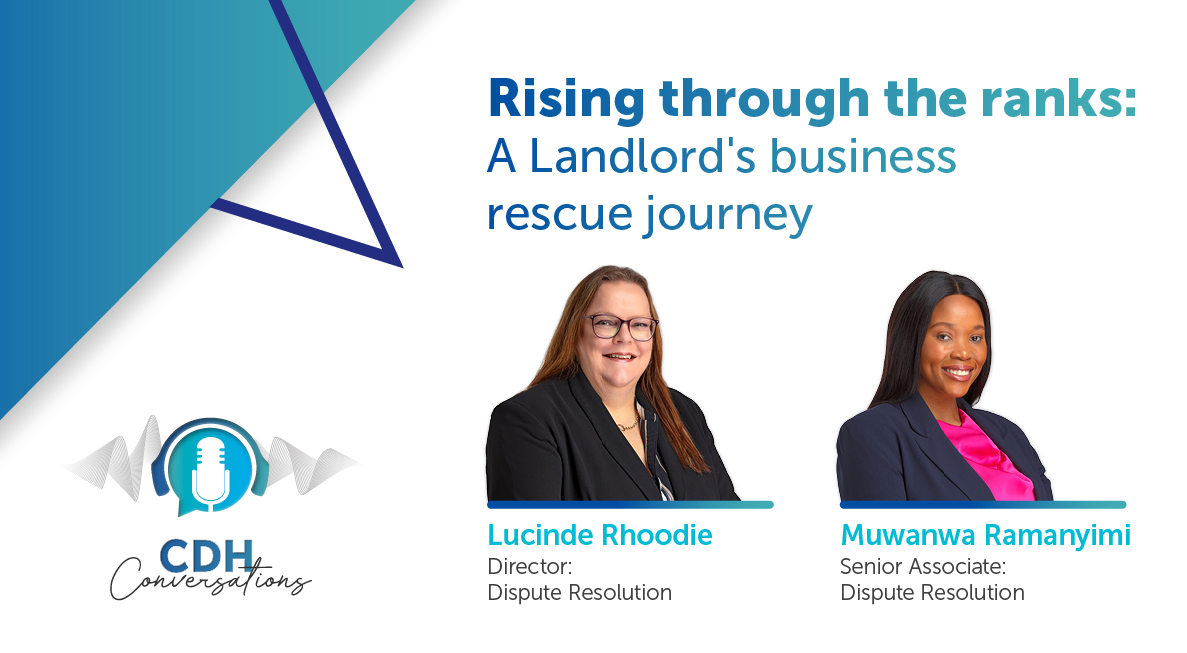When are funds used for a ‘qualifying purpose’? a ruling regarding s8EA in the context of a BEE transaction
The purpose of s8EA of the Act
In terms of the Explanatory Memorandum on the Taxation Laws Amendment Bill, 2012 (Explanatory Memorandum), s8EA of the Act was introduced in order to strengthen the anti-avoidance rules where share instruments, most often preferred shares, had a number of debt-like features and the dividends in respect of the share issues were guaranteed by unrelated third parties. The effect of these third party guarantees was that the holder of the share had no direct or indirect meaningful stake in the risks associated with the issuer. According to the Explanatory Memorandum, s8EA was further amended to provide greater relief for transactions financed in this fashion, especially in the context of black economic empowerment where the shares are issued to finance a substantial acquisition in an operating target company and to cater for a greater variety of transactions. One of the ways in which third parties may avoid the anti-avoidance rule, is if the consideration for the issue of the shares is applied directly or indirectly to acquire equity shares in an operating company.
The mechanics of s8EA
Section 8EA(2) is the charging provision and provides that “any dividend or foreign dividend received by or accrued to a person during any year of assessment in respect of a share must be deemed in relation to that person to be an amount of income received by or accrued to that person if that share constitutes a third-party backed share at any time during that year of assessment”.
However, s8EA(3) effectively makes provision for certain exceptions where the funds derived from the issue of a preference share were applied for a “qualifying purpose”. In terms of s8EA(1), where the funds derived from the issue of the preference shares are used to directly or indirectly acquire equity shares in an ‘operating company’, the use of these funds will constitute a ‘qualifying purpose’. An ‘operating company’ is defined as any company that carries on business continuously, and in the course or furtherance of that business provides goods or services for consideration or carries on exploration for natural resources.
Ruling
The applicant (Applicant) was a company incorporated in and resident in South Africa, and the co-applicant (Co-Applicant) was a provider of finance.
It was proposed that the Applicant, as a BEE investor, would fund a certain newly estabslished project company (Project Company) by means of loan funding, as well as subscribing for 25% of the ordinary shares in the Project Company.
The Applicant would fund the subscription price of the ordinary shares in the Project Company out of the proceeds of issuing ordinary shares to its holding company and issuing preference shares to the Co-Applicant.
The Co-Applicant would require the Applicant’s holding company to provide the Co-Applicant with a guarantee for any amount which the Applicant had contracted to pay to the Co-Applicant, but fails to pay in respect of the preference shares. The Co-Applicant would also require a cession and pledge by the Applicant’s holding company of its shares in the Applicant.
However, at the time of the Applicant’s investment in the Project Company, the Project Company would not be operating or providing the goods or services that it intends to provide for consideration. The Project Company is expected to be operational only within 18 months from the commencement of the construction of a certain plant.
SARS ruled that the use of the funds derived by the Applicant from the issue of the preference shares to subscribe for the ordinary shares in the Project Company will not be regarded as having been applied for a ‘qualifying purpose’ as defined in s8EA(1). This is so because the Project Company will not be an ‘operating company’ as defined at the relevant time. The Ruling seems to be based on the fact that the Project Company will not be considered to be carrying “on business continuously” in terms of the definition of ‘operating company’.
The information and material published on this website is provided for general purposes only and does not constitute legal advice. We make every effort to ensure that the content is updated regularly and to offer the most current and accurate information. Please consult one of our lawyers on any specific legal problem or matter. We accept no responsibility for any loss or damage, whether direct or consequential, which may arise from reliance on the information contained in these pages. Please refer to our full terms and conditions. Copyright © 2026 Cliffe Dekker Hofmeyr. All rights reserved. For permission to reproduce an article or publication, please contact us cliffedekkerhofmeyr@cdhlegal.com.
Subscribe
We support our clients’ strategic and operational needs by offering innovative, integrated and high quality thought leadership. To stay up to date on the latest legal developments that may potentially impact your business, subscribe to our alerts, seminar and webinar invitations.
Subscribe




